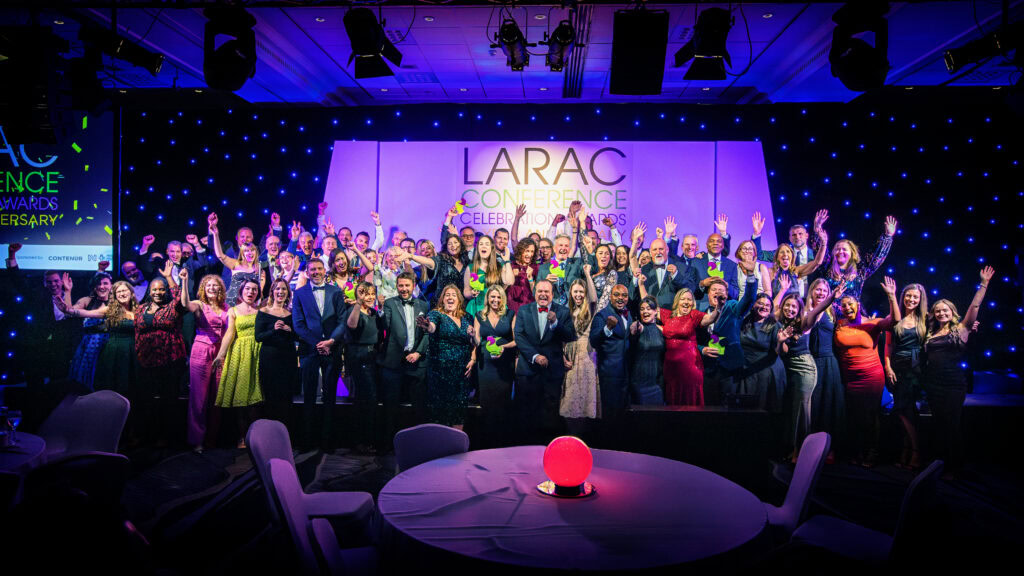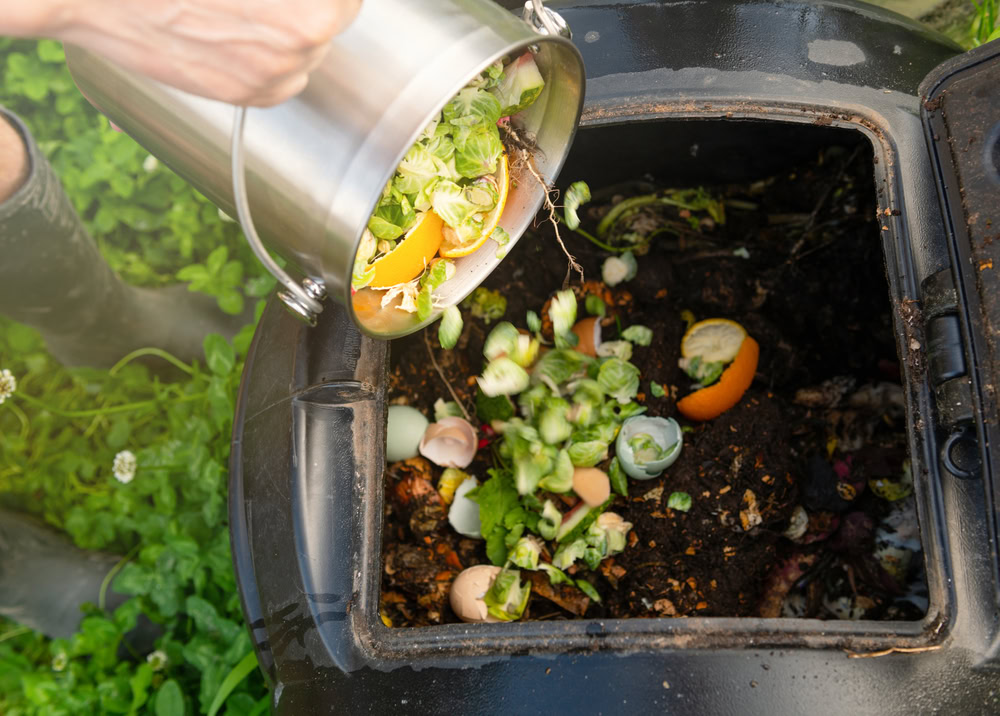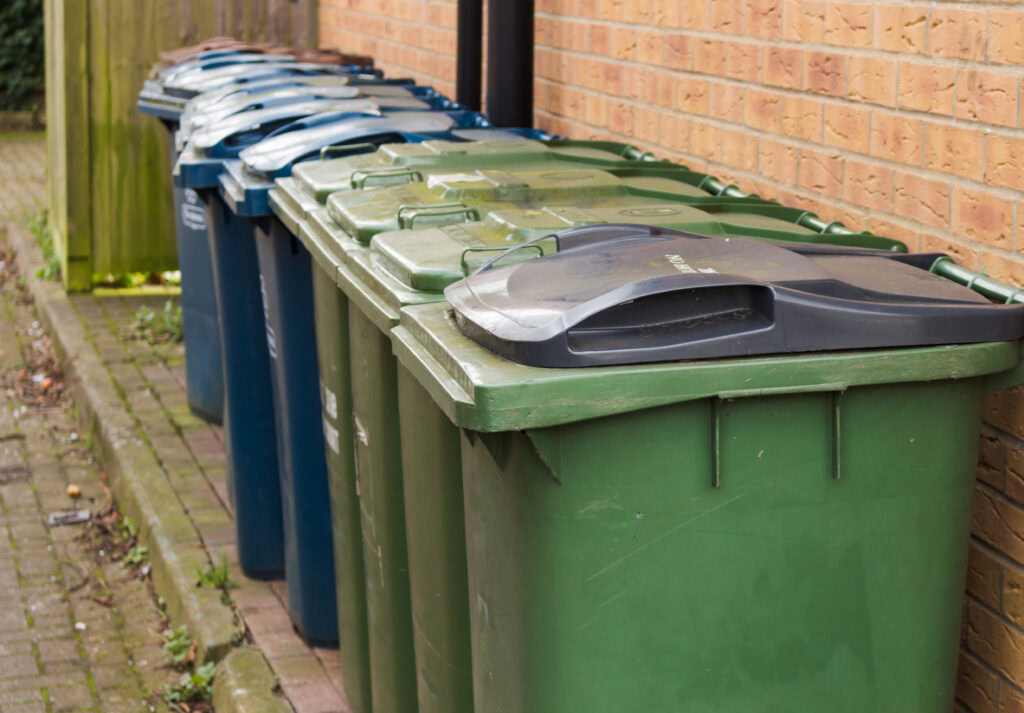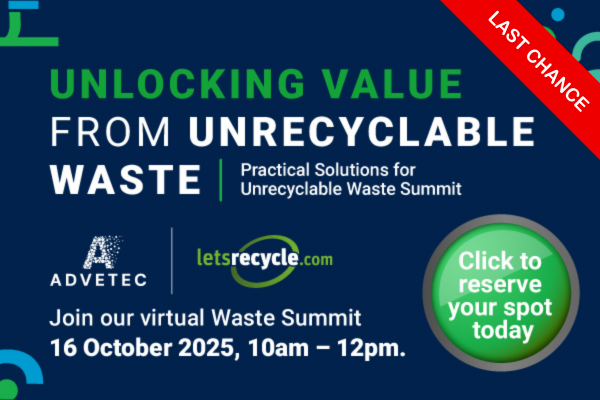Blaming people is not helpful and it does not help recycling
Liz Parkes
Speaking to letsrecycle.com following a programme on Monday which showed some UK waste and recyclables landfilled in India (see letsrecycle.com story), Liz Parkes said that rather than relying on the system being policed by regulators, there should be shared responsibility to tackle the problem.
She said: “We have got to get the right systems in at the doorstep. If we get that part right we can be more confident of the output. Quality matters. If we focus on quality that is the best way we can all have confidence.”
She added: “If we get the quality right, we can be more confident they will not only get a market but a high price for materials.”
Ms Parkes explained that the EA did not believe the problem lied with waste being shipped abroad but with “poor quality recyclables” and criticised some of the media coverage of the issue for pointing the finger.
She said: “We have been concerned about the way some of the media has picked up on this issue. Blaming people is not helpful and it does not help recycling.”
Ms Parkes added that for its part, the EA had been working hard with industry and the Environmental Services Association, through its Recycling Registration Scheme for MRFs – to tackle the problem, which it was also discussing with WRAP.
The regulatory body had also flagged up with Defra concerns raised by councils that it is hard to enforce Duty of Care over waste when brokers and subcontractors are involved, and that the Agency has limited powers to maintain controls overseas.
Now, Ms Parkes explained the EA was also looking into the evidence gathered by Monday's programme in order to find out the root cause of the incident in question.
She said: “We will be looking at all the evidence the programme gathered. What is important is to get the bottom of what has happened and see if it is limited or symptomatic of a larger problem.”
Responses
Other responses to the debate sparked by Monday's ITV programme were received by Friends of the Earth, Paul Dumpleton from waste and recycling firm Shanks and Viridor Waste Management.
Some picked up on comments made by Andy Moore, co-ordinator for the Campaign for Real Recycling and a staunch supporter of source-separated collections, who was pictured on the programme at a plant run thought to be run by waste and recycling firm May Gurney. Mr Moore suggested that some of the problems stemmed from commingled collections of recyclables.
Dr Michael Warhurst, Friends of the Earth resource use campaigner, said: “The government has let householders down by massively cutting funding to support the UK's recycling industry and failing to ensure that exported materials are properly recycled.
“The government must step up its efforts to boost recycling to help us get the most out of the world's finite natural resources – and make sure that our waste doesn't mount up here or on the other side of the world.”
Friends of the Earth has backed the Campaign for Real Recycling support for kerbside sorting as practiced by May Gurney.
Mr Warhurst said: “Recycling should be separated at the kerbside to produce materials which are high quality and more likely to be recycled in the UK.”
In contrast, Paul Dumpleton, director of materials for Shanks, said that commingled collections where in no way to blame.
He commented: “The recyclable material found in the Indian landfill sites were the out throws of the paper mill that was close to the site in question. Up until relatively recently UK paper mills have also taken similar out throws to landfill and all we are seeing is the difference in the investment technology at the mill end for the processing of residue materials.”
“This has nothing to so with commingled collections. It is nothing to do with illegal shipments. It is just about the process in an Indian paper mill.”
“As far as recycling is concerned, by and large we have got our house in order and with the advent of the RRS scheme and the annex V11 TFS documentation far greater transparency exists,” he added.
Waste management firm Viridor said that EA auditing ensured regulatory compliance and transparency, whilst respecting and protecting the party's commercial confidentiality.
The company said: “Viridor welcomes a wider public discussion and understanding as to how we as a society manage our resources.
“However, it is essential that any debate is correctly informed and takes a balanced approach that acknowledges the careful and responsible manner in which the Environment Agency, local authorities, the waste management industry and its Association (ESA) have been working in close partnership with the public to make a real success of recycling in the UK.”









Subscribe for free